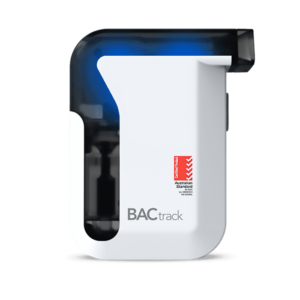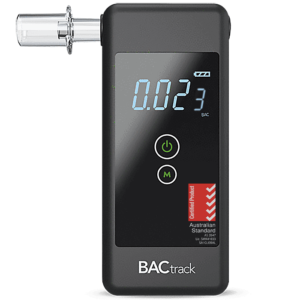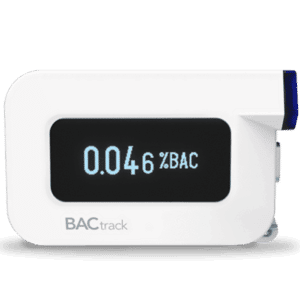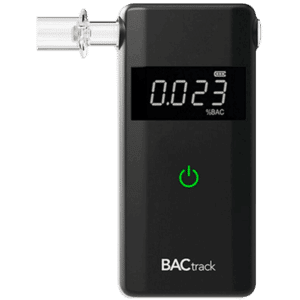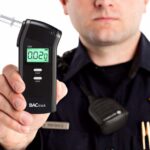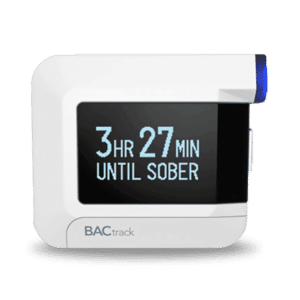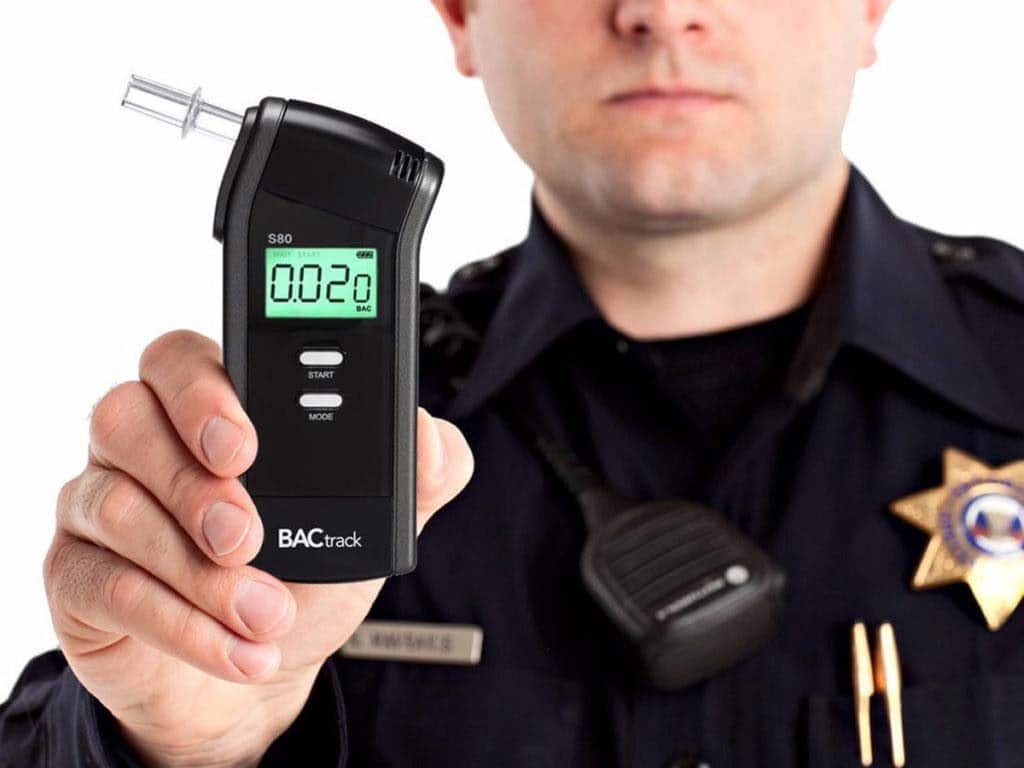
The consumption of alcohol is acceptable in most countries and cultures. Alcohol can significantly impact the body, leading to accidents or serious injuries. Therefore, police officers administer roadside breath testing to minimise the risks of accidents. Moreover, alcohol use increasingly impacts the body and can sometimes contribute to accidents and incidents. When a driver is suspected of being impaired by alcohol, the driver frequently undergoes numerous alcohol tests that police do to determine the level of impairment and the presence of alcohol in the driver’s system. After conducting a sequence of Field Sobriety Tests (FSTs), the officer may ask the driver to submit a blood, breath, or urine test.
While blood tests provide the most accurate result for an alcohol test that police officers can administer to a driver, it is the most intrusive type of testing and is also costly. Most police vehicles, if not all, are fully equipped to do breath testing. Such breath testing uses breathalysers to measure the Blood Alcohol Content (BAC) of a person. The BACtrack breathalysers from Breathalysers Australia are easy to use and provide accurate results. BACtrack’s highest police-grade sensor is the same technology trusted by hospitals, clinics, and law enforcement and gives the highest accuracy and consistency.
Alcohol Test Process that Police Do
There is a process for all alcohol tests that police administer must follow before doing a random roadside test. The police have broad authority to pull over and issue a breath test to anyone, including a licensed supervising driver driving on behalf of someone with a learner’s permit or P1 license. The test should be within eight hours of when the driver drove or attempted to drive. Police must be uniform and use recognised police vehicles with flashing lights or alarms when they employ their random testing capabilities. Police may do Field Sobriety Tests (FSTs). This typically involves tasks like balancing one leg, walking a straight line, or following a pen or other object with their eyes. After which, police can use breathalysers to do a breath check if the driver shows signs of being intoxicated after FSTs.
After administering a random alcohol test, the police should transport the driver to a police station if the reading from the screening device suggests the driver may be over the allowed alcohol content. Anyone can refuse an alcohol test the police administer, but refusal is deemed admission for drunk driving. Thus, the driver will still be transported to the police station for further testing. The driver is to provide another breath sample for analysis by the breath analysis machine by an authorised operator at the police station. If the sample analysis reveals the person is at or over the limit, they may be arrested or given a court date-and-time summons.
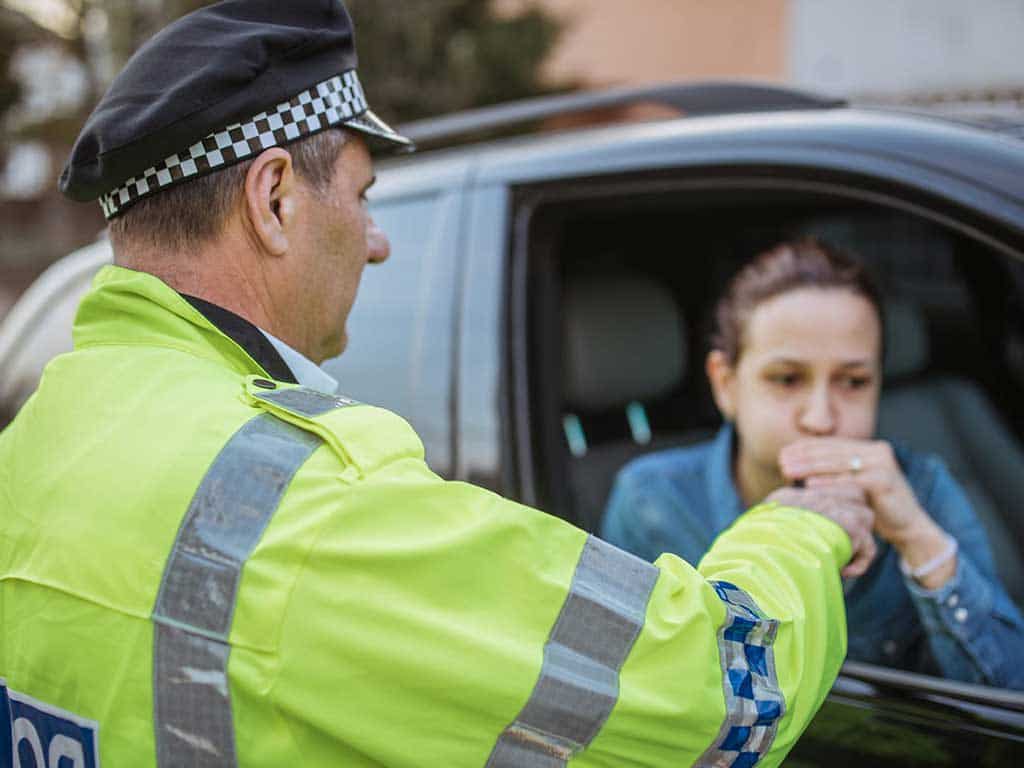
Types of Alcohol Tests that Police Use
There are kinds of alcohol tests that police can use to check drunk driving. More information on the types of alcohol tests are as follows:
- Breath test – this test uses a breathalyser to measure the BAC of a person. Oral pain relievers, mouthwashes, and breath fresheners can all affect the findings of a breath test. Stomach fluid that a driver vomits or regurgitates within 20 minutes of the test can also impact. A burp before or during blowing into the breathalyser tube could result in an incorrectly high reading. Thus, most police officers often do FSTs for 20 minutes before letting the driver do a breath test.
- Blood test – Blood tests are the most accurate means of measuring the amount of alcohol in a person’s body. However, this type of test is intrusive since it requires blood from the person. This type of test is also costly. Blood tests are also prone to laboratory mistakes that can produce false results.
- Urine test – One of the reasons urine tests are not utilised more frequently is that they are typically less accurate than blood or breath testing. Nearly identical methods evaluate blood and urine samples for alcohol. Therefore, some of the same laboratory mistakes can potentially affect the results.
Penalties for Positive Alcohol Tests Administered by the Police
The maximum Prescribed Concentration of Alcohol (PCA) in Australia is 0.05% for full licence holders. However, for a learner, provisional, or probationary driver, any amount of alcohol in a driver’s blood is a violation of their license conditions. Regardless of the alcohol test the police use, if a driver is driving under the influence of alcohol, police will impose penalties. Such penalties are as follows:
- PCA 0.05-0.079 – $771 with licence disqualification up to 3 months
- 0.08-0.149 PCA – $900 – $1300 with licence disqualification for up to 6 months
- PCA over 0.15 or over $1100 – $1600 with licence disqualification up to 12 months
- DUI – $1100 – $1600 with licence disqualification for up to 12 months
- DUI with child present – $1100 – $1600 with licence disqualification up to 12 months
- Refuse breath test – $1100 – $1600 with licence disqualification up to 12 months
- Refuse blood test – $1100 – $1600 with licence disqualification up to 12 months
- PCA 0.08-0.149 with a child under 16 in vehicle – $900-$1300 with licence disqualification up to 6 months
- PCA 0.15 or over with child under 16 in vehicle – $1100 – $1600 with licence disqualification up to 12 months

How to Avoid the Penalty
Most alcohol test that police administer uses a breathalyser. However, not only police officers can use a breathalyser. While most police advise not to drink and drive to avoid penalties, some people drive after consuming alcoholic drinks. The penalties increases if a person has a history of drunk driving. Also, expect a more significant penalty than the minimum if the blood alcohol level is toward the higher end of the range. In addition to the penalties for driving while intoxicated, probationary, provisional, and learner drivers all face penalties for violating the terms of their licenses. To avoid drunk driving penalties, it is best to have a personal breathalyser to monitor BAC before driving. Personal breathalysers are easy to use. Push a button on the breathalyser or a phone to perform a rapid individual BAC test. Tracking a person’s BAC level before driving can help avoid penalties.
Breathalysers from Breathalysers Australia
Personal BACtrack breathalysers from Breathalysers Australia are available in various designs and sizes. Small, portable keychain models are helpful when on the run, such as the BACtrack C6 or C8. More significantly, robust variants perform well at work, in a glove box, or at home. Also, one of the most vital advancements in alcohol breath testing in the past ten years is the smartphone-connected breathalyser. These portable breathalysers use Bluetooth to connect to a smartphone. They function like a typical handheld or keychain breathalyser. Anyone can blow into a mouthpiece that wirelessly sends data to an intelligent device like a phone. They can check their blood alcohol content result. Monitoring BAC levels before driving will save a person from the hassle of having to undergo alcohol tests that police require during random roadside testing. Not only the hassle, but people can also avoid penalties from such tests.


















